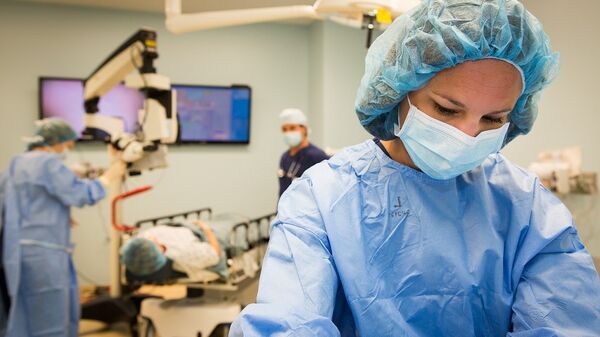The trade unions are demanding changes to the collective labour agreement, which has remained the same for the last 10 years, along with increased investment into the SSN — the current rate is around 2 percent lower than the average across the European Union.
"Over the past 10 years, about 20,000 hospital beds have been reduced in public hospitals. There is already a serious shortage of trained specialists at the SSN, and, in the near future, about 45,000 more doctors should retire… Naturally, all of this places an additional burden on the medical staff, which affects the quality of health care provided to patients," Carlo Palermo, the head of Italy's largest medical trade union Anaao Assomed, told Sputnik.
READ MORE: Dumbing Down English Language Standards for Nurses, Midwives Planned for Britain
Palermo added that Friday's strike was expected to be attended by the largest number of workers in 15 years because the SSN was on the verge of collapse.
Emergency departments are the only medical facilities that continue to work as usual, performing urgent surgeries and carrying out medical research.


